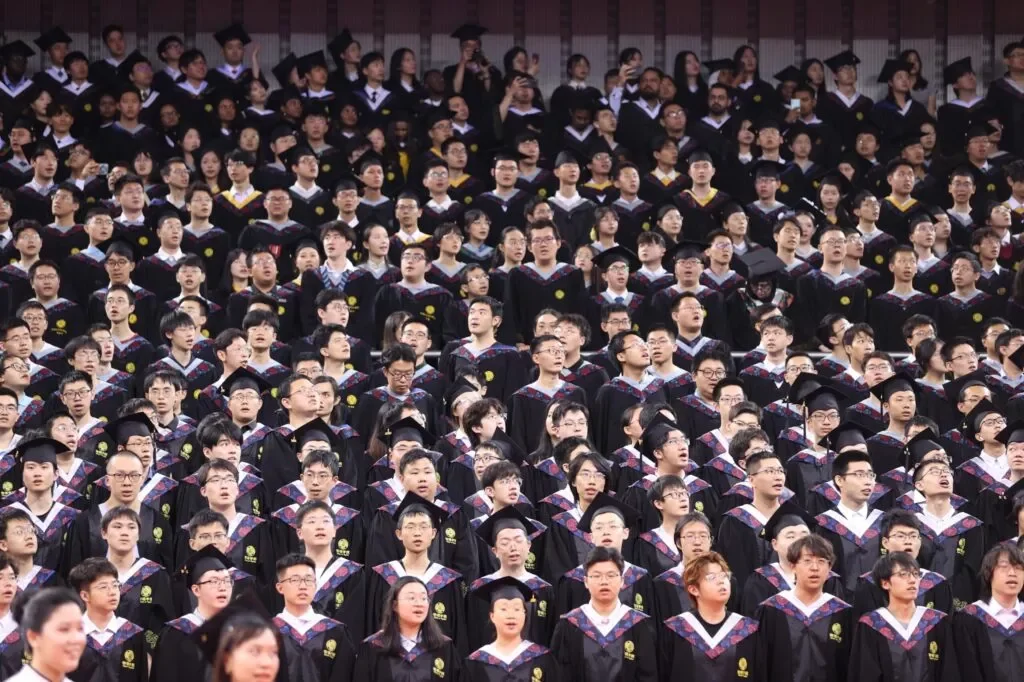The Great Rebalancing of Area Studies
Photo: East Asia Forum
In an article for East Asia Forum, Gerhard Hoffstaedter discusses China's rising influence over area studies, particularly in Southeast Asia. What was once an area dominated by Western scholars has shifted, in light of funding cuts and shifting government priorities by the US, UK, EU, and Australia. The shift towards Chinese advancements in this area constitutes a fundamental rebalancing of global knowledge production with profound geopolitical implications.
A quiet revolution is underway in academia, reshaping how the world understands itself. After decades of Western dominance, area studies programs have declined across the United Kingdom, Australia, Germany and the United States. Meanwhile, China has emerged as a powerhouse in area studies scholarship.
The signs of decline are clear. In 2025, the Trump administration dissolved the US Department of Education’s Office of International and Foreign Language Education, gutting Title VI, the backbone of US area studies since 1958. Title VI provided nearly US$2 billion between 2000 and 2024 to support foreign language and area studies at US universities.
The cuts are severe, with universities across the United States rescinding graduate admissions offers, freezing hiring and cutting programs. The University of Pennsylvania faces potential losses of US$315 million, while UC San Diego has reduced doctoral admissions by 32 per cent. Across the United States, United Kingdom, Europe and Australia, broader funding cuts and shifting government priorities have eroded support for area studies, forcing universities to consolidate departments and reduce offerings. Programs that once gave Western institutions an edge — combining language training with regional analysis — are being sacrificed to budget cuts and short-termism.
While the West retreats, China advances with strategic clarity. The transformation marks a third wave of area studies development in China, with rapid expansion since the 2010s shaped by Chinese President Xi Jinping’s geopolitical ambitions. The Belt and Road Initiative (BRI) has ‘drastically boosted’ government support, prompting Chinese universities to establish research institutions en masse.

